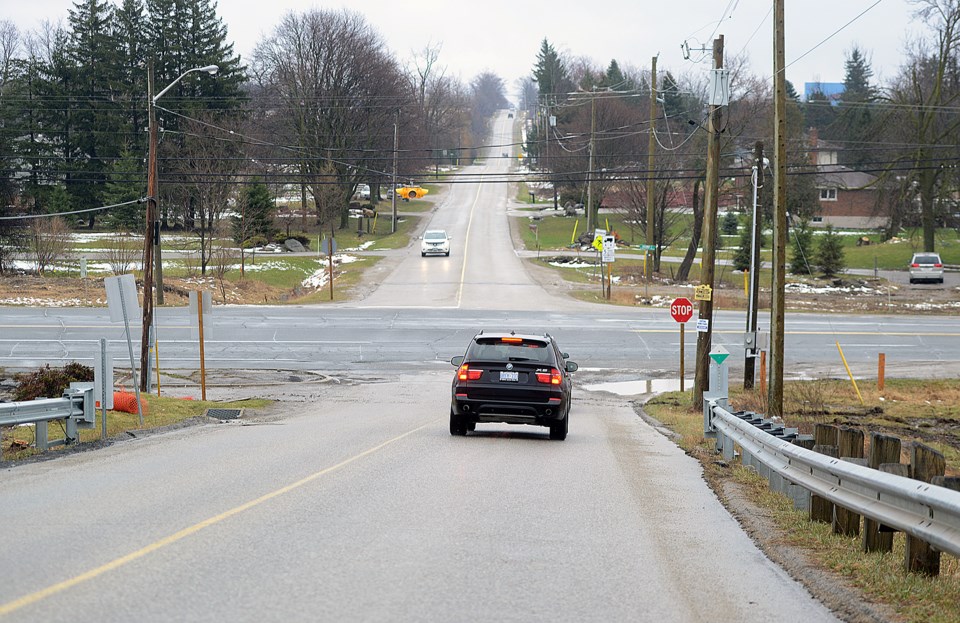New highway construction between Guelph and Kitchener talked about since the 1960s might finally come to fruition next summer.
Last year, the province announced it was moving forward with plans to construct an 18-kilometre, four-lane highways with seven interchanges connecting the Hanlon Expressway with Highway 7 in Kitchener, including new bridges over the Grand River. On Friday, the ministry of transportation confirmed its plans moving forward.
“Our goal is to see shovels in the ground for this project as soon as possible and construction could commence as early as summer 2022,” said Jordanna Colwill, a spokesperson for the Minister of Transportation, Caroline Mulroney.
The current Highway 7 is one of the busiest two-lane provincial highways in the province.
Colwill said the next phase of the project is to replace the Frederick Street underpass in Kitchener and that the province is currently evaluating proposals for the phase.
“We are currently evaluating the proposals for this phase and anticipate the design-build to be awarded in January 2022,” said Colwill. “We are currently advancing the design and obtaining the approvals, including funding for the remaining phases of construction contracts for the new Highway 7.”
The project is currently in Phase 2 of a three-phase approach. According to the project website, Phase 2 includes the preparation of a design and construction report.
The website shows that Phase 3 advanced construction anticipated to begin in 2022, includes the construction of an interchange between Highway 6 and Woodlawn Road, modifications to the Guelph Junction Railway and two species at risk habitat replacements.
She said project costs are not released until the design-build team is selected. The funding for the project comes from the $2.6 billion dollars Ontario committed to infrastructure projects, including $760 million for expansion projects.
“We want to get the best possible price for the construction of this highway and make the best use of taxpayer dollars,” said Colwill.
Colwill said the Dalton McGuinty government first brought this project forward in 2007 but never did any of the work to get it delivered.
“With our population quickly growing, we can’t afford to delay critical infrastructure projects, including Highway 7. This project is part of our government’s plan to connect the fast-growing urban centres of Kitchener, Waterloo and Guelph and provide gridlock relief to Highway 401, which is Ontario’s most congested highway,” said Colwill.
